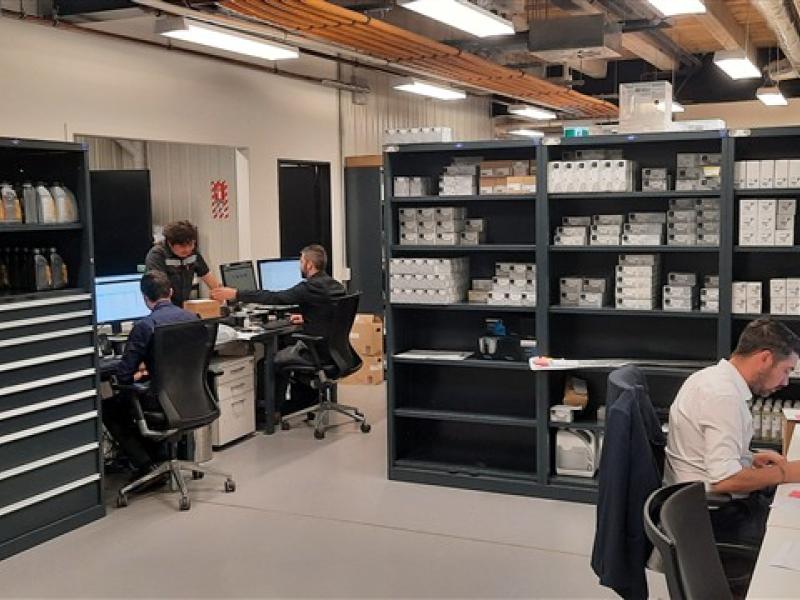Did you know there are around 94 motor industry qualifications which are offered through various tertiary institute, university and private training providers?
The Government has directed the Motor Industry Training Organisation (MITO) to reduce these down to 20 through a targeted review of qualifications or as it likes to use the acronym: TRoQ.
Through TRoQ, MITO will have the job of sorting out the good, the bad and the ugly and will hopefully come up with a framework that will provide clear pathways and guidance for young (and maybe not so young) students to enter the motor trade as apprentices or trainees and gather the skills required to keep this dynamic business moving forward.
There is no doubt that we have a skills shortage, MTA general manager of advocacy and training Dougal Morrison was recently quoted in Autofile saying “there just aren’t enough apprentices coming through, and some who have qualified in the heavy automotive sector are going to the mines in Australia.”
The MTA wants to move the categories of: general mechanics, automotive technician, motorcycle and small engine mechanics, panel beaters and vehicle painters from the immediate skills shortage list (ISSL) to the long term skills shortage list (LTSSL) held by Immigration New Zealand.
People who meet the ISSL category can apply for skills visas while those on the LTSSL category can ask for work-to-residency visas.
While I think it’s admirable that the MTA is seeking to alleviate the skills shortage for its members by making the path easier for migrants to enter New Zealand, I’d like to see the organisation throw a bit more of its weight behind training our own labour force as well.
Morrison said to Autofile that the MTA’s position is that the number of qualifications should be reduced and nationally recognised, and that it will be having formal discussions with MITO in the future.
Let’s hope the discussions bear fruit, and let’s hope that MITO, employers, and training providers can move forward in the same direction.






